AFP:
A car bomb rocked the funeral of two government loyalists in a Damascus suburb killing 27 people on Tuesday as the army kept up its bombardment of rebel strongholds in the east of the capital.
The bombing hit Jaramana, a mainly Druze and Christian town on the southeastern outskirts of Damascus that the
Syrian Observatory for Human Rights described as generally supportive of the government of
President Bashar al-Assad. "The number of people killed in a funeral held for two supporters of the regime has risen to 27," said the Observatory.
Earlier, state television had put the toll at 12, adding that another 48 were wounded.
"At around 3:00 pm (1200 GMT), a funeral procession was making its way to the cemetery, when a car parked on the side of the road exploded," an army official told AFP. The funeral was held for two supporters of Assad who were killed in a bomb attack on Monday, the Britain-based Observatory said.
The force of the explosion completely demolished the facade of one
building and caused heavy damage to others nearby, an AFP photographer
reported.
State media blamed rebel fighters
for the bombing, which came amid an intensified bombardment by
government troops of eastern districts of Damascus that shelter some of
the Free Syrian Army's best organised battalions.
But the opposition Syrian National Council accused Assad's regime
of staging the bombing against its own supporters in a bid to divert
attention from the killings of hundreds of people during an army assault
on a largely Sunni Muslim suburb of the capital last week.
"The regime wants to cover up for its massacres," SNC spokesman
George Sabra said, alluding to the discovery of more than 300 bodies in
the town of Daraya that sparked an international outcry.
"It also wants to punish residents of Jaramana -- who are of mixed
religious backgrounds -- for welcoming people who were displaced from
nearby towns." Sabra told AFP by telephone.
"It wants to turn the revolution... into a bloody civil war fought along sectarian lines," he said.
The Observatory reported fierce
shelling of northeastern neighbourhoods of Damascus as the army pressed
its drive to push rebel fighters out of the capital. Among the districts targeted was
Qaboon where rebels from the Free Syrian Army claimed to have downed a
military helicopter on Monday.
The rebels opened what they
described as a new front in east Damascus at the weekend after a major
offensive by the army last week against their positions southwest of the
capital, including in Daraya.
Outside the capital, the army hit
rebel positions in the second city Aleppo as well as in Idlib province,
in the northwest close to the border with Turkey. A bombardment of the Idlib
village of Kfar Nabal killed at least 13 civilians, two of them women,
among at least 97 people killed nationwide.

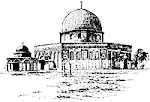

.jpg)
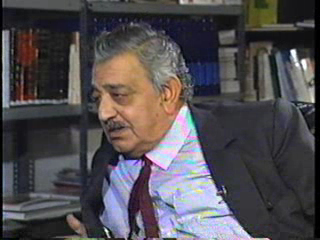
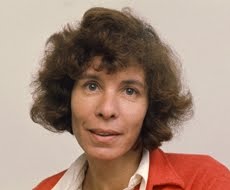


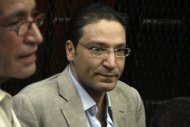

 Women prostesting for women's rights in Tunis.(Getty). The photo under is from an earlier demo in Tunis and was taken by blogster
Women prostesting for women's rights in Tunis.(Getty). The photo under is from an earlier demo in Tunis and was taken by blogster 






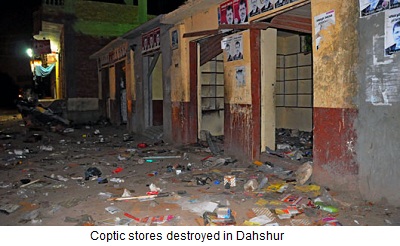
 Violence broke out in Cairo's Boulaq
district on Thursday leaving at least two dead. Witnesses reported that the Central Security Forces (CSF) used teargas in the
residential slum area. After a brief lull in fighting during iftar
(the fast-breaking meal in Ramadan), gun fire resumed, with reports that
bird shot and possibly also live ammunition was used. A young girl died as a result of the gas, residents said.
Violence broke out in Cairo's Boulaq
district on Thursday leaving at least two dead. Witnesses reported that the Central Security Forces (CSF) used teargas in the
residential slum area. After a brief lull in fighting during iftar
(the fast-breaking meal in Ramadan), gun fire resumed, with reports that
bird shot and possibly also live ammunition was used. A young girl died as a result of the gas, residents said.